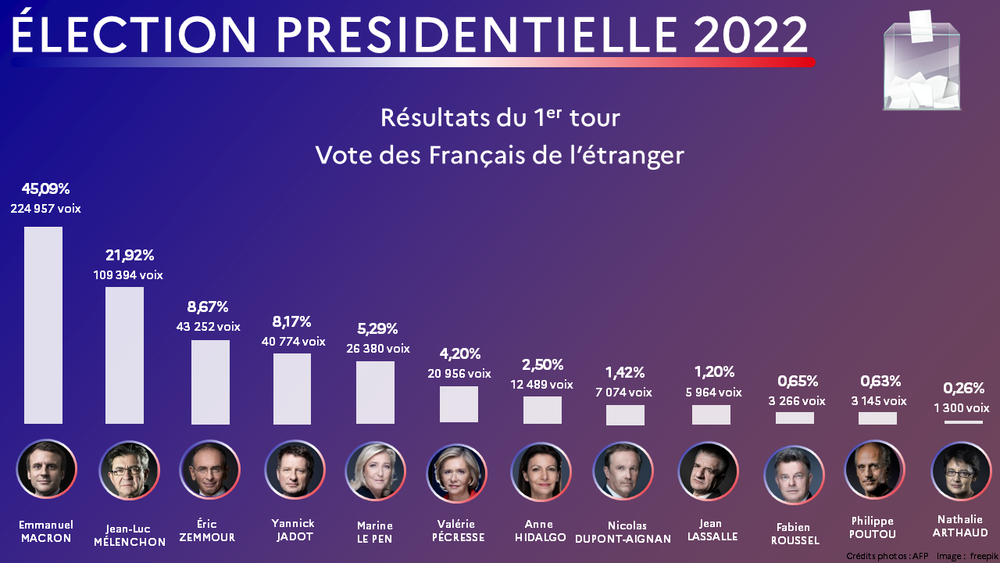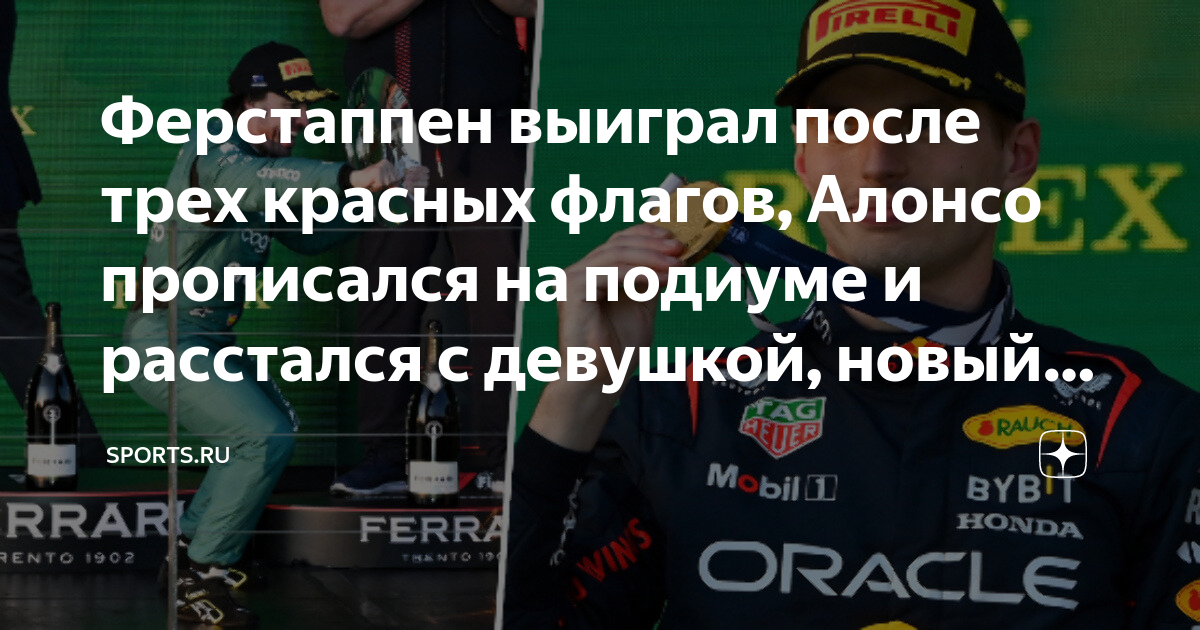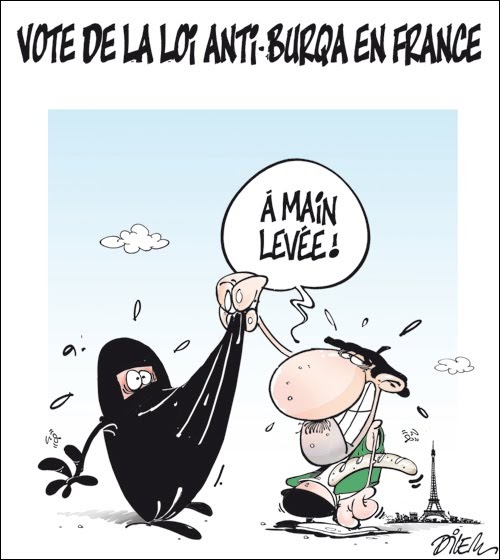Has Armando Iannucci Lost His Sharp Satirical Touch?

Table of Contents
A Comparative Analysis of Iannucci's Early and Later Works
The Golden Age of Iannucci's Satire
Iannucci's early work represents a high watermark in British and American political satire. The Thick of It, a behind-the-scenes look at the machinations of British government, established his signature style:
- Rapid-fire, obscenity-laced dialogue: The show’s verbal sparring matches were both hilarious and insightful, exposing the absurdity of political maneuvering.
- Unlikeable but compelling characters: Malcolm Tucker, the foul-mouthed spin doctor, became a cultural icon, representing the cynical heart of political power.
- Biting wit and sharp social critique: The show wasn't just funny; it offered a trenchant commentary on the flaws and hypocrisies of the political system.
This formula was successfully exported to the US with Veep, achieving similar critical and popular acclaim, winning numerous Emmys and solidifying Iannucci's reputation. In the Loop, a feature film spin-off of The Thick of It, further showcased his ability to craft both hilarious and insightful political satire.
Assessing More Recent Projects
Iannucci's more recent ventures, such as The Death of Stalin and Avenue 5, present a more complex picture. While both employed his trademark wit and cynical characters, their reception has been more mixed.
- The Death of Stalin, a darkly comedic historical satire, received positive reviews for its performances and bold humor but lacked the consistent satirical bite of his earlier works.
- Avenue 5, a space-tourism comedy, struggled to find its footing, receiving criticism for inconsistent writing and a less focused satirical target. While it displayed flashes of Iannucci's signature style, the overall impact was less significant than his earlier successes. Lower viewership numbers and mixed critical reviews suggest a less impactful satirical punch.
Examining the Evolution of Iannucci's Satirical Style
Shifting Targets and Themes
Iannucci's satirical targets have broadened over time. His early work focused primarily on the inner workings of UK and US politics. However, The Death of Stalin shifted the focus to the broader absurdities of totalitarian regimes, while Avenue 5 tackled corporate greed and the pitfalls of unchecked technological advancement.
- This evolution, while demonstrating versatility, may have diluted the satirical focus. The concentrated critique of specific political systems in The Thick of It and Veep felt more incisive than the broader societal targets of his later works.
- The shift also impacted the comedic delivery. The rapid-fire dialogue that worked so well in the tight confines of political offices felt less effective in the wider scope of a historical drama or a space-based comedy.
Changes in Comedic Delivery and Tone
The comedic tone and delivery in Iannucci's later works also seem subtly different. The unrelenting cynicism of his earlier work, while darkly humorous, feels less prevalent in the more broadly drawn satire of his later projects.
- This shift might be attributed to various factors: the demands of different platforms, evolving audience expectations, or simply a natural evolution in his comedic style.
- It's possible that the sheer scale of the subjects tackled in his later projects (totalitarianism, space travel) required a slightly different approach, resulting in a less focused, perhaps less sharp, satirical edge.
External Factors Influencing Iannucci's Work
The Changing Political Landscape
The global political landscape has undergone dramatic changes since the peak of Iannucci's early success. The rise of post-truth politics, the pervasive influence of social media, and the fragmented nature of modern media consumption present significant challenges for political satire.
- The speed and volume of political events may make it difficult for satire to keep pace, lessening its impact. The constant barrage of outlandish real-world events can sometimes overshadow even the most cleverly crafted fictional satire.
- Audience fatigue with political satire might also play a role. Constant exposure to political news and commentary could lead to a desensitization to even the most pointed satire.
The Challenges of Sustaining Satirical Edge
Maintaining a sharp satirical edge over a long career is inherently difficult. The risk of repetition, the pressure to constantly innovate, and the shifting sands of political and social landscapes all contribute to the challenge.
- Finding new angles and maintaining originality in satire is an ongoing struggle. What was once shocking or unexpected may now be commonplace, requiring constant evolution to remain relevant and impactful.
- Balancing the need to be both funny and insightful is a tightrope walk that requires consistent skill and creativity. The risk of falling into caricature or losing the satirical bite is ever-present.
Conclusion
This analysis suggests a nuanced answer to our central question. While Armando Iannucci hasn't entirely "lost" his sharp satirical touch, his recent works haven't consistently matched the impact and critical acclaim of his earlier masterpieces. The evolution of his targets, comedic style, and the changing media landscape have all contributed to this shift. His later projects demonstrate his versatility and willingness to explore broader themes, but they arguably lack the laser focus and consistent satirical bite of The Thick of It and Veep.
What are your thoughts on Armando Iannucci's recent work? Has his satirical edge dulled, or has he simply evolved? Share your opinions in the comments below!

Featured Posts
-
 Jordan Bardella And The 2027 French Presidential Election A Realistic Assessment
May 25, 2025
Jordan Bardella And The 2027 French Presidential Election A Realistic Assessment
May 25, 2025 -
 Current Flood Situation In Miami Valley Severe Weather Update And Advisories
May 25, 2025
Current Flood Situation In Miami Valley Severe Weather Update And Advisories
May 25, 2025 -
 Fotografii Naomi Kempbell V Chest Ee 55 Letiya
May 25, 2025
Fotografii Naomi Kempbell V Chest Ee 55 Letiya
May 25, 2025 -
 300 Podiumov Mercedes Vklad Rassela I Rekord Khemiltona
May 25, 2025
300 Podiumov Mercedes Vklad Rassela I Rekord Khemiltona
May 25, 2025 -
 La Dispute Ardisson Baffie Connerie Machisme Et Rupture D Une Collaboration
May 25, 2025
La Dispute Ardisson Baffie Connerie Machisme Et Rupture D Une Collaboration
May 25, 2025
Latest Posts
-
 March Of The Living A Performance By Freed Hostages Berger And Weiss
May 26, 2025
March Of The Living A Performance By Freed Hostages Berger And Weiss
May 26, 2025 -
 Berger And Weiss From Hostage Crisis To March Of The Living
May 26, 2025
Berger And Weiss From Hostage Crisis To March Of The Living
May 26, 2025 -
 Maccabi Tel Aviv Top Of The Israeli Football League Standings
May 26, 2025
Maccabi Tel Aviv Top Of The Israeli Football League Standings
May 26, 2025 -
 Freed Hostages Berger And Weiss To Participate In March Of The Living
May 26, 2025
Freed Hostages Berger And Weiss To Participate In March Of The Living
May 26, 2025 -
 The Israeli Premier League Maccabi Tel Avivs Dominant Performance
May 26, 2025
The Israeli Premier League Maccabi Tel Avivs Dominant Performance
May 26, 2025
